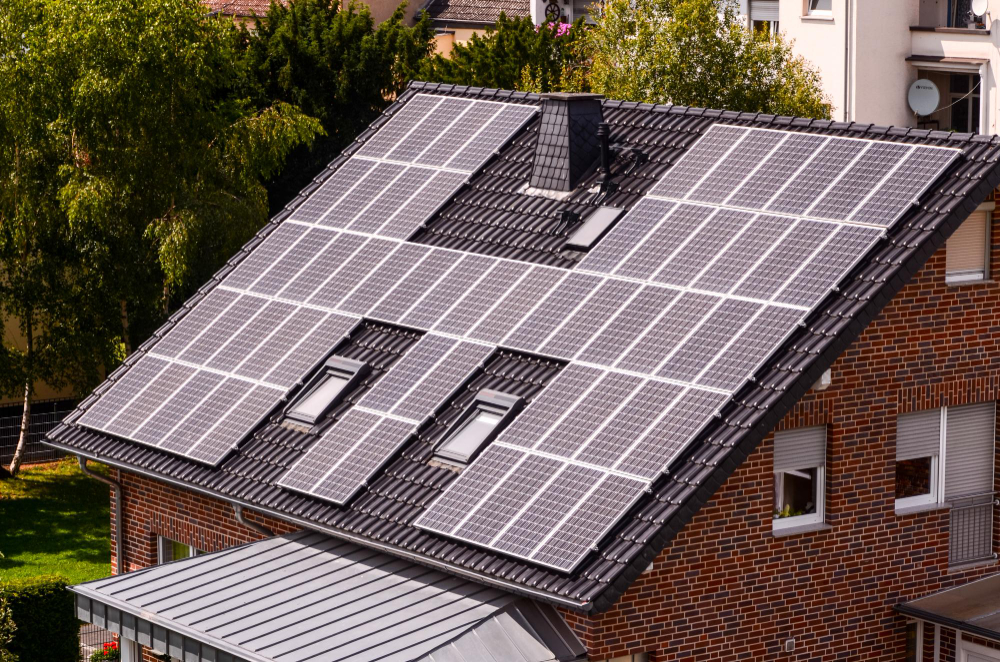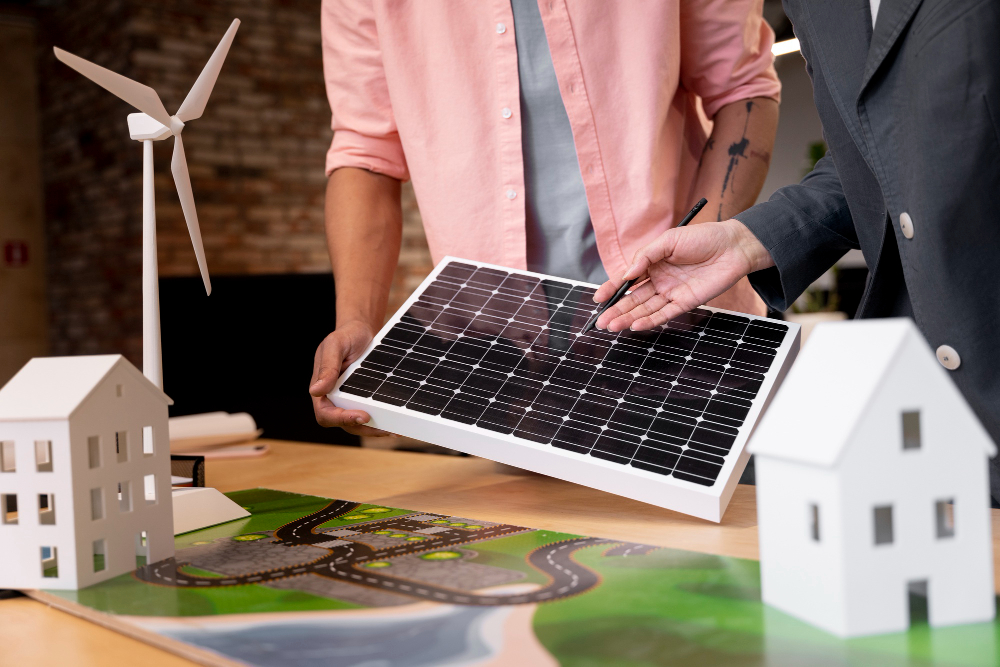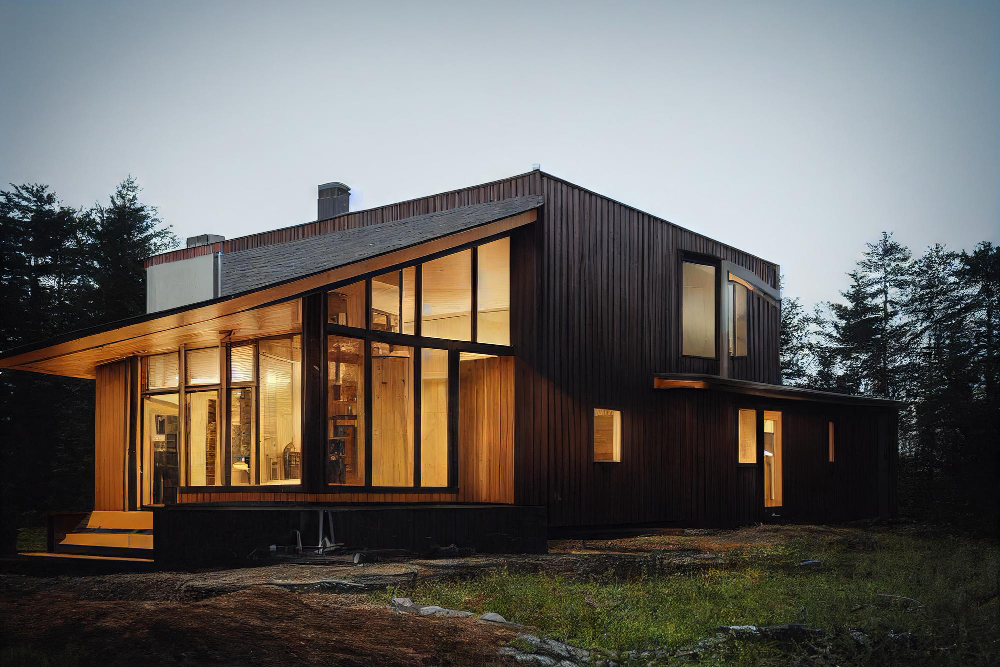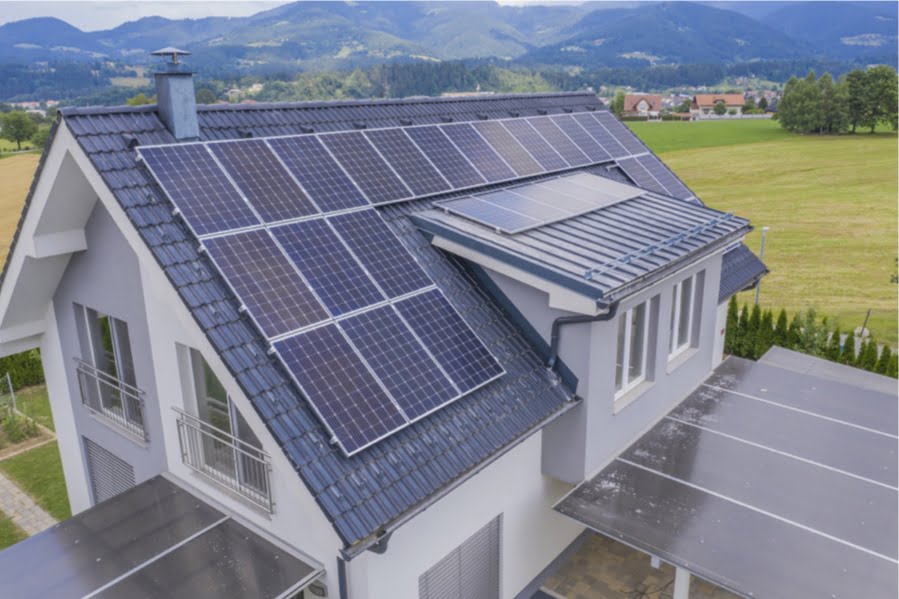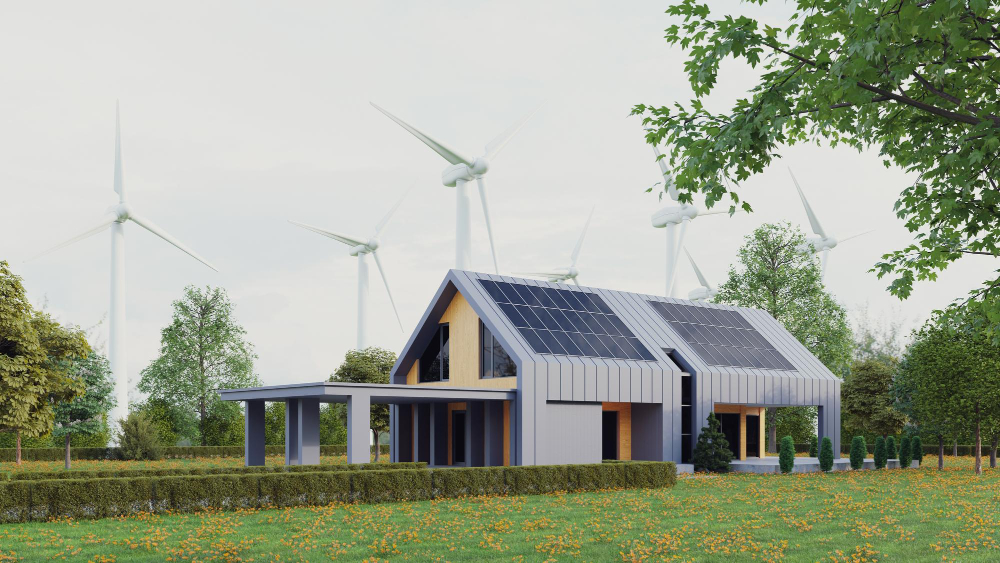Last updated on
Are you tired of the hustle and bustle of city life? Do you dream of escaping to the serene tranquility of off-grid living? If so, you’re not alone. Many people are opting for a more self-sufficient lifestyle, free from the constraints of modern society.
Off-grid living offers a chance to connect with nature, reduce your carbon footprint, and become more self-reliant. But, before you take the plunge, here are some essential tips you should consider to make your off-grid adventure a success.
Invest in Sustainable Energy Sources
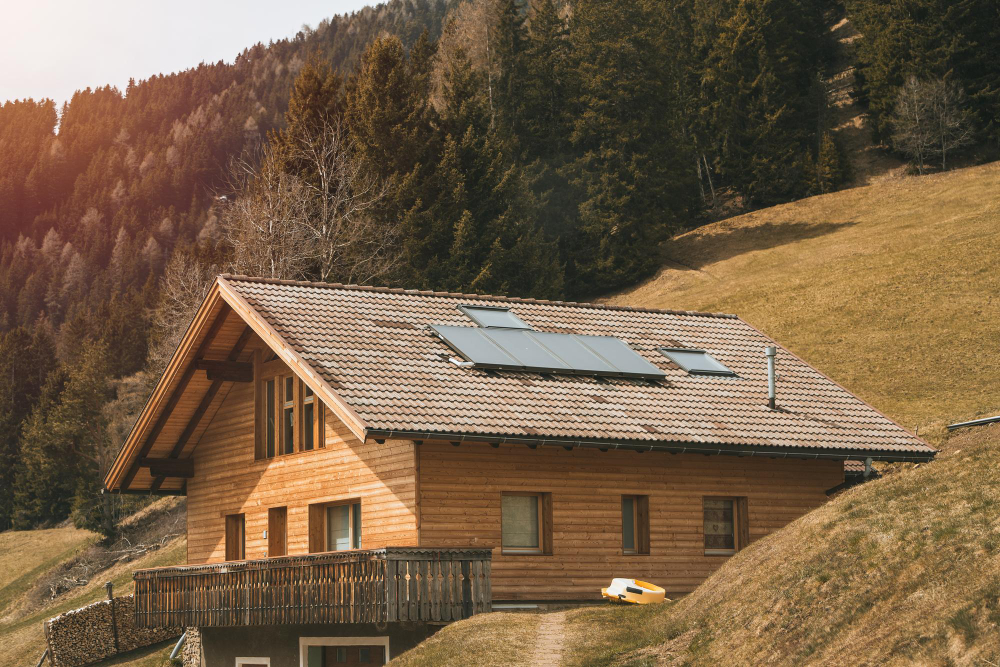
Off-grid living means you won’t have access to the conventional power grid. To power your home and appliances, invest in sustainable energy sources like solar panels, wind turbines, or micro-hydro systems.
Utilizing the resources offered by Solar Power Nation can help you power your home sustainably and responsibly. These renewable energy solutions will keep your lights on and devices charged without harming the environment.
It’s crucial to size your system correctly and include battery storage to ensure uninterrupted power, even on cloudy days or during calm winds.
Choose the Right Location
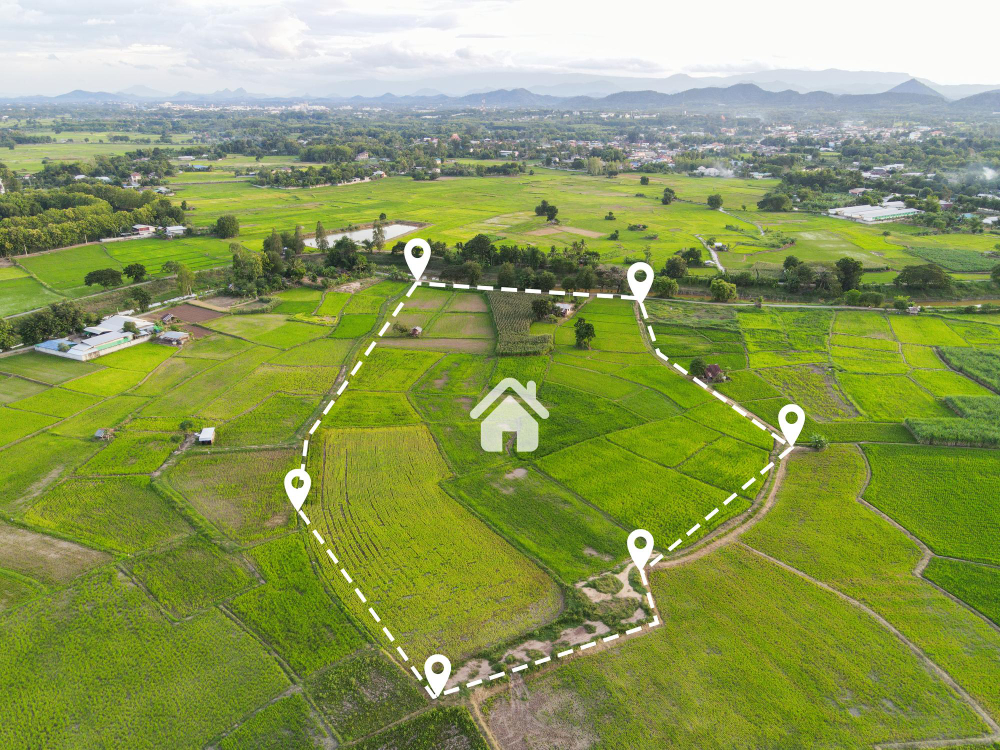
You’ll want to find a piece of land that suits your needs and supports self-sufficiency. Look for areas with a reliable source of water, suitable soil for gardening, and adequate sunlight for solar panels.
Additionally, consider proximity to essential services like hospitals and grocery stores, as you may need them in emergencies. Research local zoning regulations and building codes to ensure your plans align with the law.
Master Water Management
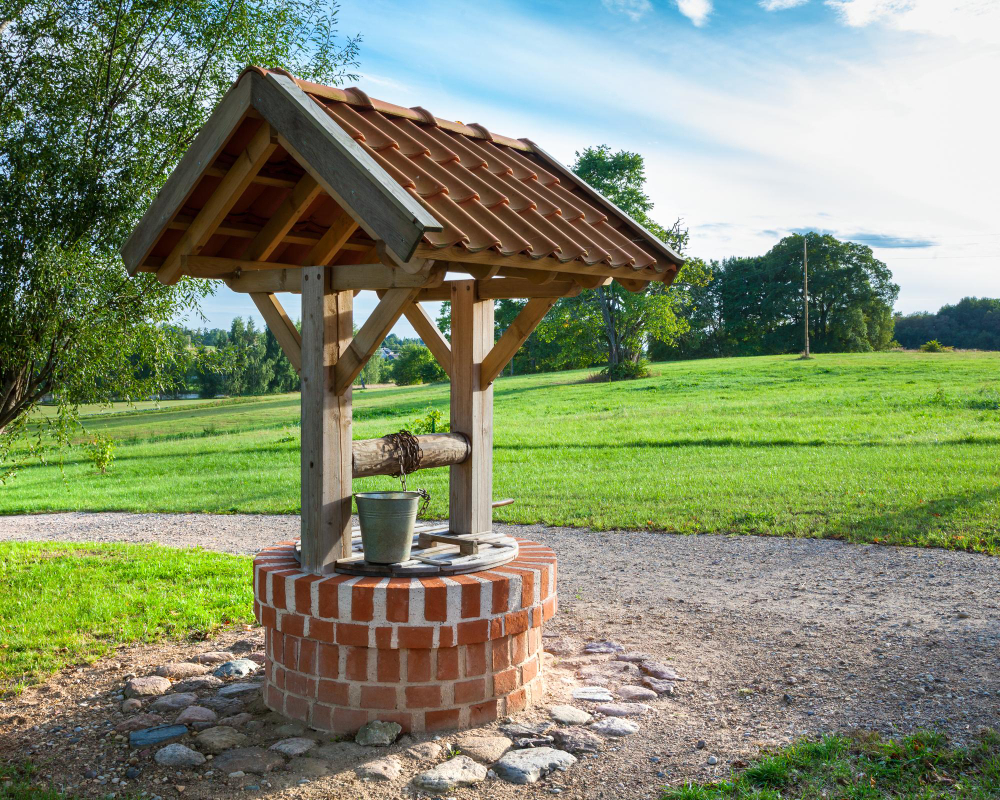
Water is a precious resource in off-grid living. You’ll need to master water management to ensure a sustainable supply. Install rainwater harvesting systems, dig wells, or tap into natural springs if available.
Implement water-saving practices, such as low-flow fixtures and greywater recycling. Be mindful of water usage in your garden and prioritize drought-resistant crops to reduce irrigation needs.
Develop Self-Sustaining Food Sources
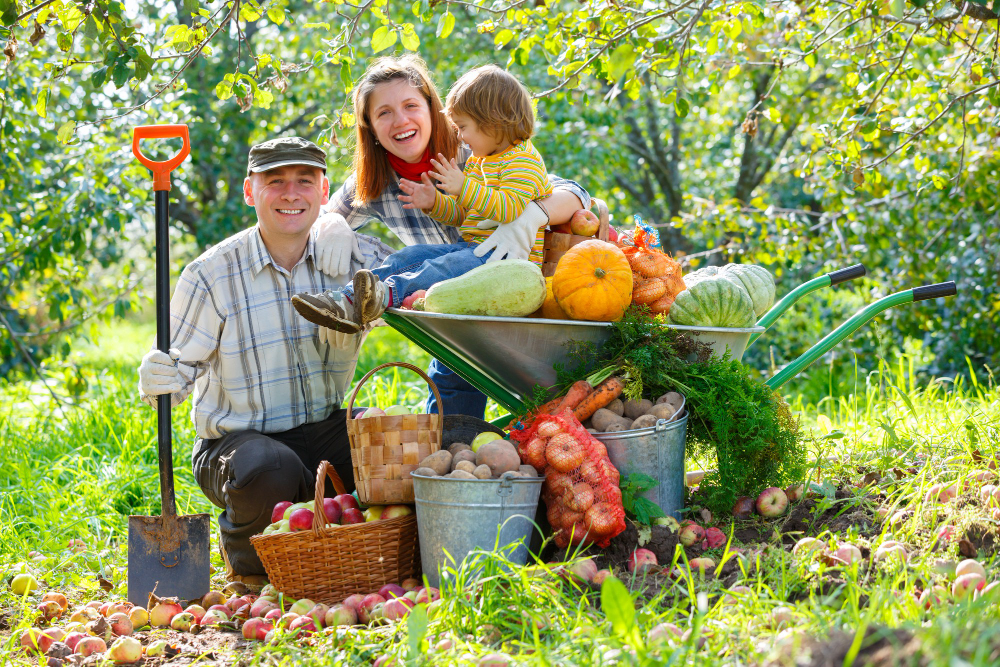
Growing your food is a fundamental aspect of self-sufficiency. Cultivate a diverse garden with vegetables, fruits, and herbs that thrive in your region. Consider raising livestock like chickens, goats, or rabbits for eggs, milk, and meat.
Preserve excess produce through canning, drying, or freezing to sustain you through the off-season. Embrace permaculture principles to create a resilient and sustainable food ecosystem.
- Choose Suitable Crops: Select crops that are well-suited to your region’s climate and soil conditions. Research native plants and heirloom varieties that require minimal maintenance and have a higher resistance to pests and diseases. By choosing the right crops, you’ll maximize your yield and minimize resource input.
- Raise Livestock Wisely: Raising livestock can provide a valuable source of protein, dairy, and other essential nutrients. Chickens are excellent for eggs, while goats and rabbits can supply milk and meat. Ensure you have proper housing and grazing areas for your animals and follow ethical and sustainable practices to maintain their health and well-being.
- Preserve the Harvest: You’ll experience periods of abundance in your garden, but nature’s cycles also bring lean times. To bridge the gap, develop skills in food preservation. Canning, drying, and freezing are effective methods to store surplus produce for the off-season. By preserving your harvest, you can enjoy homegrown goodness year-round.
Embrace Permaculture Principles
Permaculture is a design philosophy that promotes sustainable and self-sustaining ecosystems. Implement permaculture principles on your property to create a resilient food ecosystem.
This includes designing garden beds to mimic natural patterns, incorporating companion planting, and fostering beneficial relationships between plants, animals, and microorganisms. Permaculture can help reduce the need for external inputs and create a balanced and self-sustaining food system.
Learn Essential Skills
Off-grid living often requires a wide range of skills, from carpentry and plumbing to animal husbandry and first aid. Take the time to learn these essential skills, either through books, online resources, or by connecting with experienced off-gridders.
The more self-reliant you become, the smoother your off-grid experience will be. Don’t forget to stock up on tools and equipment to handle repairs and maintenance on your property.
Build a Support Network
Living off the grid can be challenging, and it’s essential to have a support network in place. Connect with like-minded individuals in your area or join online communities dedicated to off-grid living.
These connections can provide valuable advice, share resources, and offer assistance when needed. Building a support network will help you navigate the ups and downs of self-sufficiency.
Off-grid living offers a unique opportunity to embrace self-sufficiency and reduce your ecological footprint. By choosing the right location, investing in sustainable energy sources, mastering water management, developing self-sustaining food sources, learning essential skills, and building a support network, you can embark on a successful off-grid journey.
Remember that off-grid living is a lifestyle choice that requires dedication and adaptability. With these tips in mind, you can start your self-sufficiency journey with confidence and thrive in your off-grid oasis.
Related reading:
Table of Contents
